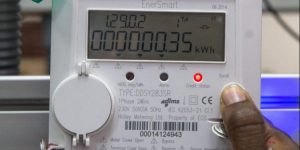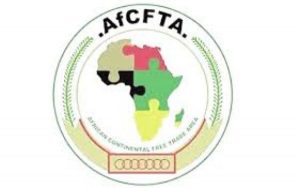The world’s top cocoa growers will insist that the $100 billion chocolate industry pays a premium put in place to boost the livelihoods of West African farmers despite a drop in consumption.
Ivory Coast and neighboring Ghana, which account for nearly 70% of global cocoa production, secured a pay raise for farmers by charging companies from Cargill Inc to Nestle SA a premium of $400 per ton, starting from the beginning of the current farming season. Months after new pricing rules kicked in, West African regulators have accused some companies of backtracking on that commitment.
“We need to lift cocoa farmers out of poverty,” Alex Assanvo, executive secretary of the Ivory Coast-Ghana Cocoa Initiative, said at his swearing-in ceremony in the Ivorian commercial hub, Abidjan. “This is not negotiable and we will be uncompromising,” he said.
The former Mars Wrigley director takes on the mantle of an organization that formalizes the top producers’ collaboration to influence cocoa prices and standards. Their so-called Living Income Differential came into effect on Oct. 1, just after the pandemic locked down cities around the world, hurting demand. That in turn reduced the bargaining power of producing nations, which also charge a separate country premium.
“The health crisis has caused an economic slowdown, a drop in consumption, and it has also made the market more hesitant,” Assanvo said. “Still, we will continue to work hand-in-hand to reach our objectives.”
Companies are undermining the LID, Ghana Cocoa Board’s Chief Executive Officer Joseph Boahen Aidoo told reporters after the ceremony.
“While they are paying (the LID) with the right hand, they are taking the money with the left hand by not paying the country premium,” said Aidoo, before repeating last week’s threat by the Ivorian regulator to start calling out companies that engage in the practice.







